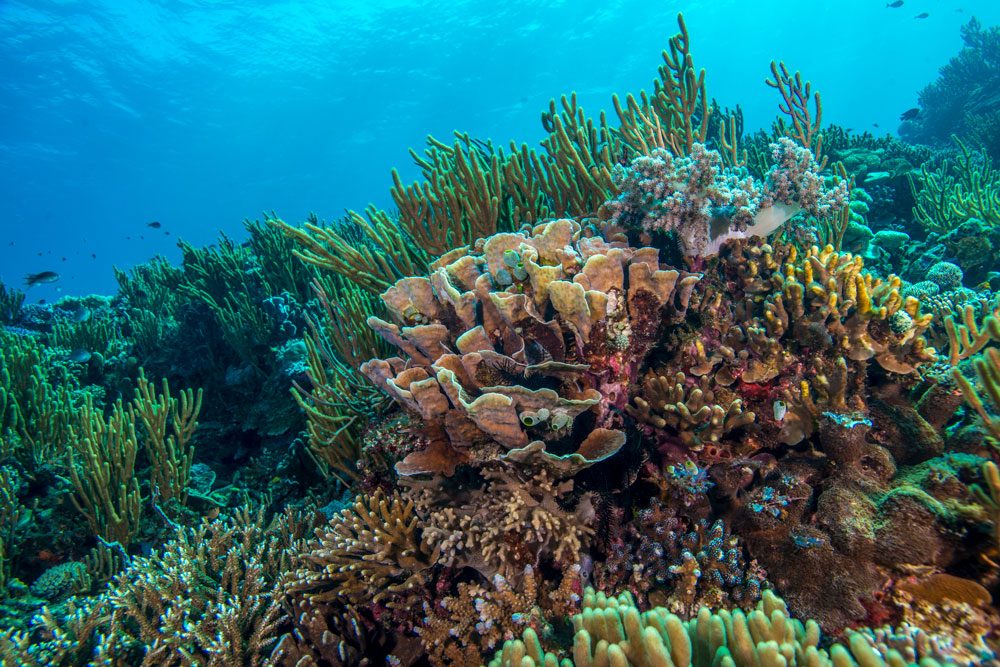
Home > Plan Your Trip > Sustainable Traveler Pledge
Sustainable Traveler Pledge
The Sustainable Traveler Pledge: Responsible Tourism For Timor-Leste and Its Residents
Our island is very special and important to us. We ask that visitors wanting to take advantage of all of the beautiful and wonderful things our island has to offer can understand and commit to a sustainable and ethical visit. We are excited to welcome guests to our home, but we also understand that careless visits can put our rich biodiversity under threat and endanger our water supply, beaches, coral reefs, and cultural heritage.
We kindly ask you to adhere to the following 10 standards and rules when visiting our home:
- Ask permission. Please seek permission before visiting sacred places and respect the privacy of our communities. Also, please ask before taking photographs or videos of us – usually we will happily say yes!
- Say no to single-use plastic! Bring a refillable water bottle (there are some places all over the island to fill them up). Do not litter, and if you see plastic on the beach or elsewhere, pick it up and take it to a proper waste bin. Please do not bring any plastic to the island (including wrappings, bottles, bags, etc), and take any trash you bring or see back to your home country if possible, as recycling facilities are extremely limited in Timor-Leste.
- Ask before you buy. Many souvenirs marketed to tourists are made from endangered species like turtle shells or mangrove roots. Ask where the product comes from or what it is made of, and if you are unsure please purchase something else from a reputable local business association like Empreza Di’ak or Boneca.
- Swim safely. Always dive or snorkel under professional guidance to ensure your safety in often challenging currents. If you swim within a tara bandu marine protected zone, you will be expected to pay $2 per person. This money goes directly to the community to support conservation efforts.
- Respect our reefs–take only photos, leave only bubbles! Never touch, harass, step on, or take anything in the marine ecosystem like coral, shells, starfish, or any other species. When entering the ocean, please avoid using sunscreen; wear protective clothing instead as chemicals in sunscreen can kill coral. The communities of Ataúro devote themselves to protecting their reefs–as a visitor, so should you!
- Mind your fresh water use. Ataúro is an extremely dry island with very limited fresh water. Only use what is necessary, or go for a refreshing swim in the sea instead!
- Do not give money or sweets to children. Contrary to common belief, it does more harm than good. If you are interested in giving gifts to help the community, ask ATKOMA to learn what is needed currently and we can arrange the distribution of these items.
- Dress respectfully. The people of Ataúro are very welcoming and kind, but please keep in mind you are visiting someone else’s home–adhere wherever possible to a conservative dress code, especially for women. Please do not wear bikinis at the beach or in a public place.
- Knowing some basic phrases in Tetum will send a strong message to the community that you care about getting to know them. Try out these basic phrases:
- How are you?: Diak ka lai?
- Thank you!: Obrigado/a (m/f)
- Good morning: Bondia
- Good afternoon: Botarde
- Good evening/ night: Bonoite
- Yes: Sin
- No: Lae
- Be knowledgeable. You did not come to Ataúro to experience the mass tourism and overcrowded resorts of Bali. You came to experience a new place and culture largely untouched by the outside world. So immerse yourself–before your journey begins, learn a few words of Tetum using an online dictionary, read a book about the history of conflict and resilience in Timor-Leste, and prepare yourself for a place unlike any other. Your trip will be all the better for it!
Together, each visitor to Ataúro has the power to make a difference. Acting in a socially and environmentally responsible way while visiting one of the most captivating places on earth, you have the power to deeply impact this paradise.
We love living here and want to make sure our children and grandchildren have the ability to do so as well.

